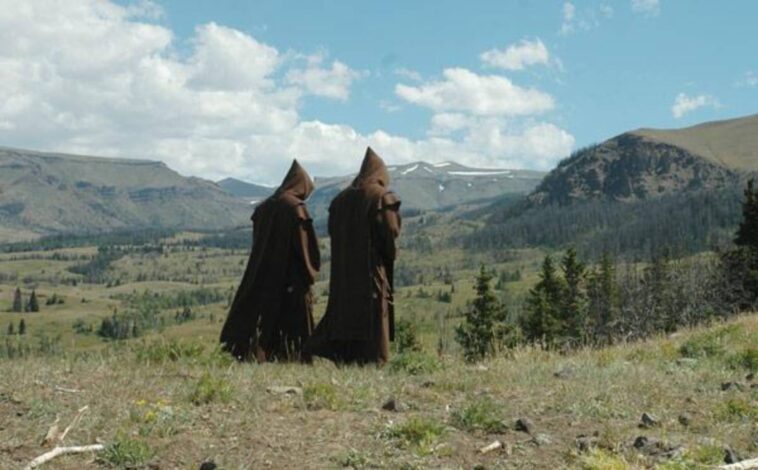Table of Contents
The world of specialty coffee was shaken to its core when the Mystic Monks Scandal surfaced. A seemingly innocent coffee brand, Mystic Monk Coffee, run by the Carmelite Monks of Wyoming, was accused of misleading customers and mismanaging funds.
This scandal not only tarnished the reputation of the brand but also raised serious questions about the transparency and accountability of religious organizations.

Introduction to the Mystic Monks Scandal
The Mystic Monks Scandal refers to a series of events that unfolded around the Carmelite Monks of Wyoming and their coffee business, Mystic Monk Coffee.
The monks were accused of using funds from their coffee business to buy a $7.5 million ranch in the mountains of Wyoming without informing their donors.
This controversy raised serious questions about the transparency and accountability of religious organizations, emphasizing the importance of greater oversight and regulation.
The Origins of Mystic Monk Coffee
Mystic Monk Coffee was founded in 2007 by a group of Carmelite monks in Wyoming, USA. Their mission was to create a high-quality, ethically sourced coffee that would help support their monastery and religious endeavors.
The brand quickly gained a devoted following, praised for its commitment to both quality and social responsibility.
The Rise to Fame of Mystic Monk Coffee
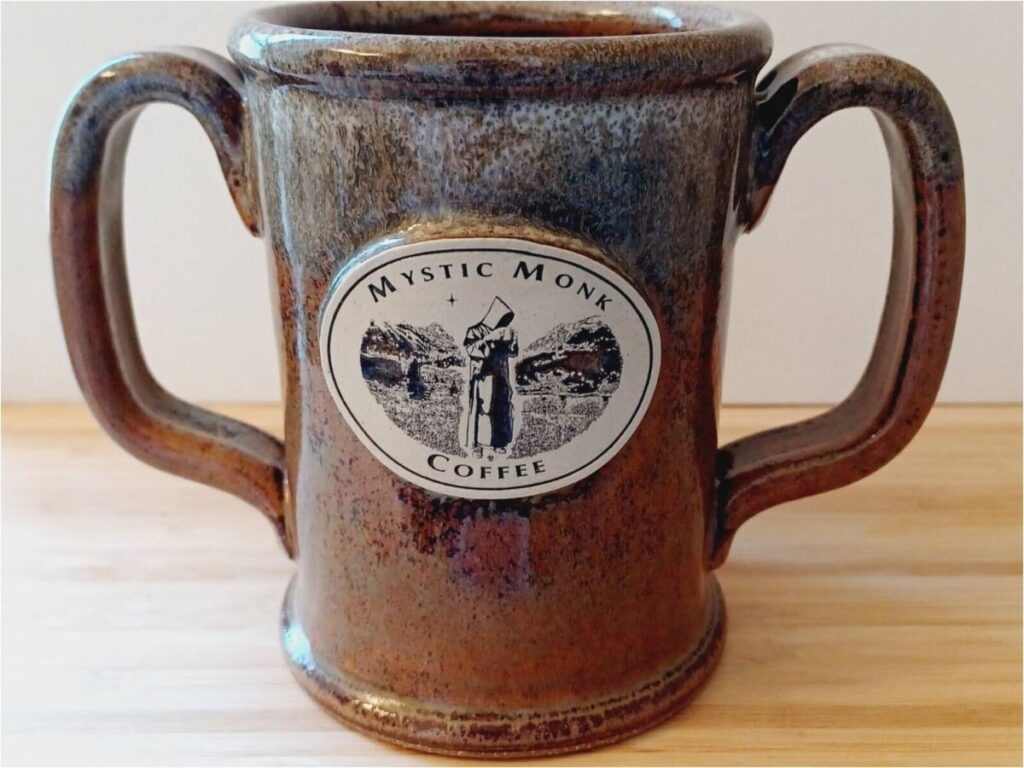
The brand’s popularity skyrocketed as word spread about their delicious coffee and noble cause. Mystic Monk Coffee began receiving accolades and endorsements from coffee connoisseurs and influencers alike, propelling them to the forefront of the specialty coffee market.
The First Whispers of Scandal
In 2022, rumors began to circulate about questionable practices at the heart of the Mystic Monk operation.
Anonymous sources alleged that the company was not as transparent as it claimed, and that corners were being cut in both production and sourcing.
The Investigation Begins
As the allegations mounted, investigative journalists and industry watchdogs launched in-depth probes into Mystic Monk Coffee’s operations. These investigations sought to uncover the truth behind the rumors and determine if there was any merit to the claims.
The Shocking Revelations
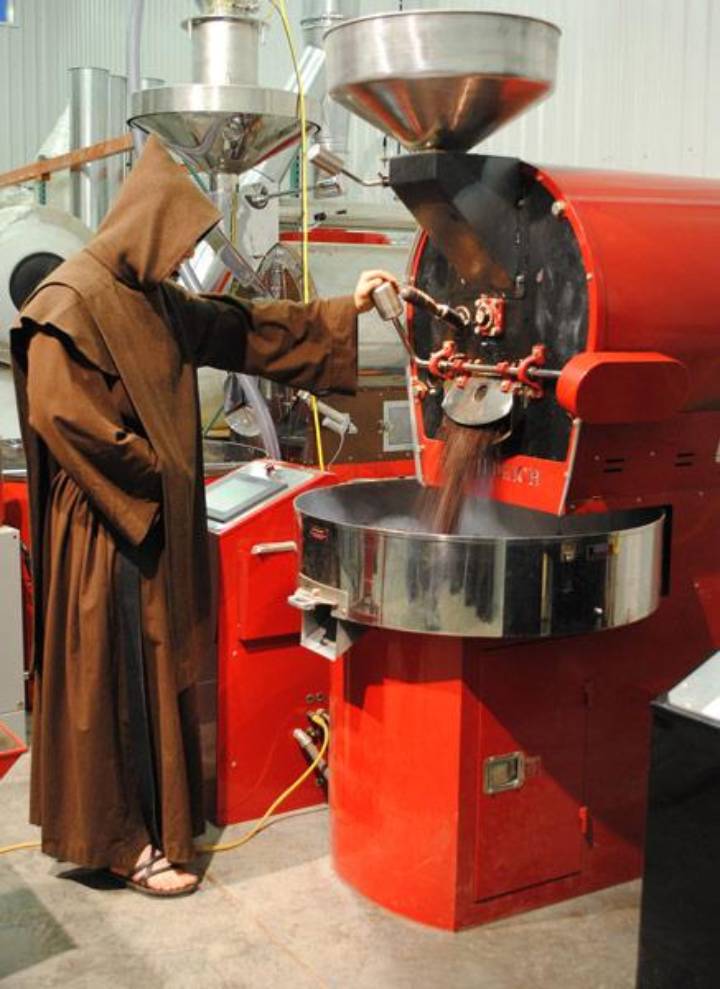
The investigations uncovered a series of shocking revelations about the company’s practices. It was found that Mystic Monk Coffee had misled customers about the origins of their beans, claiming they were ethically sourced when they were purchasing low-quality beans from dubious suppliers.
The Fallout and Consumer Outrage
The revelations sparked outrage among Mystic Monk Coffee’s loyal customers, who felt betrayed by the company they had trusted for years. Sales plummeted, and the brand’s once sterling reputation was left in tatters.
The Monastery’s Response
The Carmelite monks at the center of the scandal were quick to issue a statement, expressing their shock and dismay at the findings. They vowed to take immediate action to rectify the situation and regain the trust of their customers.
The Road to Redemption
In the months that followed, Mystic Monk Coffee implemented sweeping changes to their sourcing and production processes.
The company became more transparent about their operations, working closely with ethical suppliers and investing in quality control measures to ensure that their products met the highest standards.
The Impact on the Specialty Coffee Industry
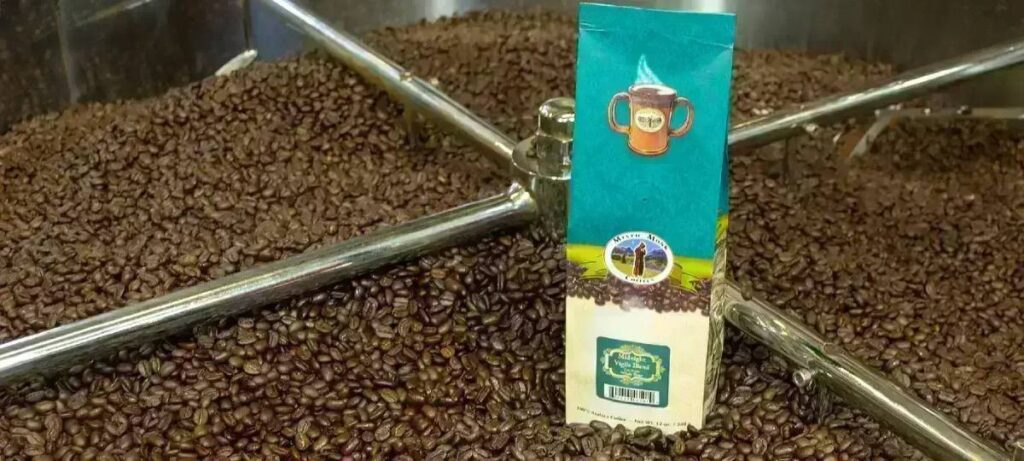
The Mystic Monk Coffee scandal served as a wake-up call for the entire specialty coffee industry. Brands and consumers alike realized the importance of transparency and accountability, leading to a greater emphasis on ethical sourcing and fair trade practices.
You might also like: Caffeine in Kombucha: The Hidden Ingredient You Didn’t Know About
Lessons Learned from the Scandal
The scandal served as a stark reminder of the importance of honesty and integrity in business. It highlighted the need for companies to be transparent about their practices and to hold themselves accountable to their customers.
The History of Mystic Monk Coffee
The story of Mystic Monk Coffee began in the late 1990s when a group of young Catholic men decided to become monks and move to Wyoming to start a monastery. They soon realized that they needed a way to support themselves and fund the construction of the monastery, leading to the birth of Mystic Monk Coffee.
The Mission of the Carmelite Monks of Wyoming
The Carmelite monks of Wyoming are dedicated to a life of prayer, solitude, and self-sacrifice. Their mission is to serve God through a life of prayer and contemplation and to witness to the love of Christ through their monastic life.

Mystic Monk Coffee Business Model
Mystic Monk Coffee operates on a unique business model that has helped it gain a loyal following. The company targets a niche market of Catholic consumers, sells its products primarily online, prides itself on producing high-quality coffee, and a portion of its profits goes to support the Carmelite monks’ monastery and other charitable causes.
The Mystic Monks and the Irma Lake Ranch
The Mystic Monks were accused of using funds from their coffee business to buy a $7.5 million ranch in the mountains of Wyoming without informing their donors. This controversy raised serious questions about the transparency and accountability of religious organizations.
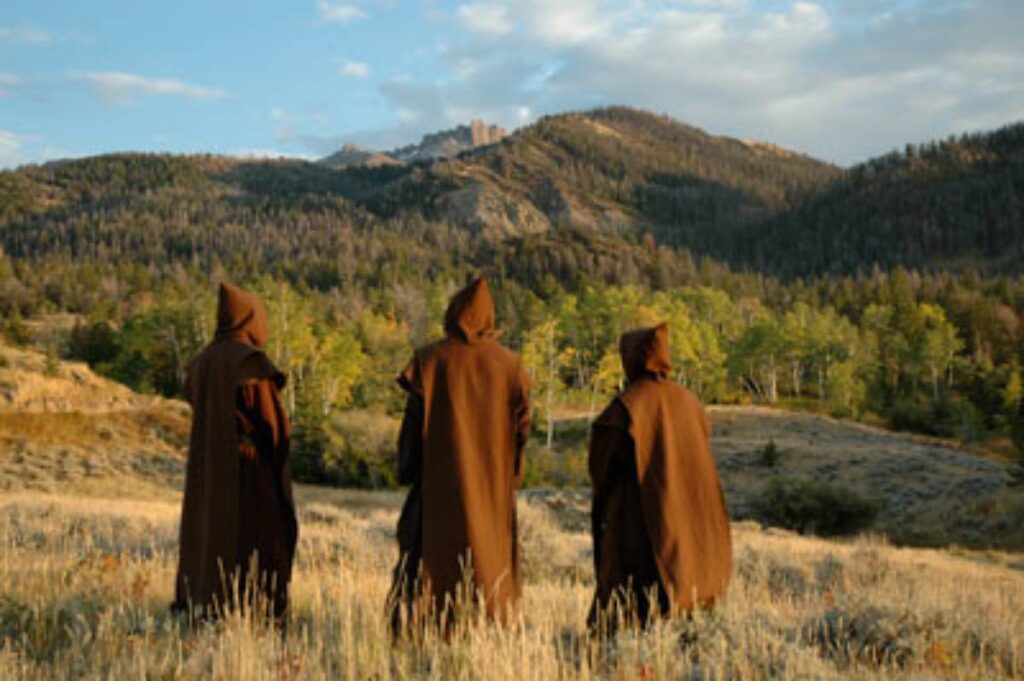
The Allegations of Fraud and Mismanagement
The allegations against the Mystic Monks were serious. They were accused of misleading their donors about the financial state of the monastery and the coffee business, and of engaging in unethical practices to keep the business afloat.
The Settlement and its Aftermath
The scandal resulted in a settlement in which the monks agreed to return all donations received in exchange for promises of future business opportunities, and to refrain from making such promises in the future.
The scandal received widespread media attention and raised questions about the ethics of fundraising practices and the role of religious organizations in the business world.
The Role of Father Daniel Mary
Father Daniel Mary, the founder of the Mystic Monk Coffee project, was at the center of the scandal. He was accused of misleading donors and mismanaging funds, tarnishing his reputation and the reputation of the monastery.
The Controversy Surrounding the $8.8 Million Donation
The Mystic Monks community announced that they had received a $8.8 million donation from an anonymous donor, which they said would enable them to purchase a 500-acre ranch and build a new monastery.
However, it soon emerged that the donation had not actually been made, and that the Mystic Monks had falsified documents to make it appear that the donation had been received.
The Reaction of the Catholic Community
The Catholic community was shocked and disappointed to hear about the allegations of mismanagement and deceit. Some Catholics felt that the Mystic Monks had betrayed the trust of their supporters, while others felt that they had simply made mistakes and that they deserved forgiveness.
The Changes Implemented by Mystic Monk Coffee
Despite the scandal, Mystic Monk Coffee continued to operate their coffee business and to sell their products online and in stores. They implemented changes to their sourcing and production processes, and became more transparent about their operations.
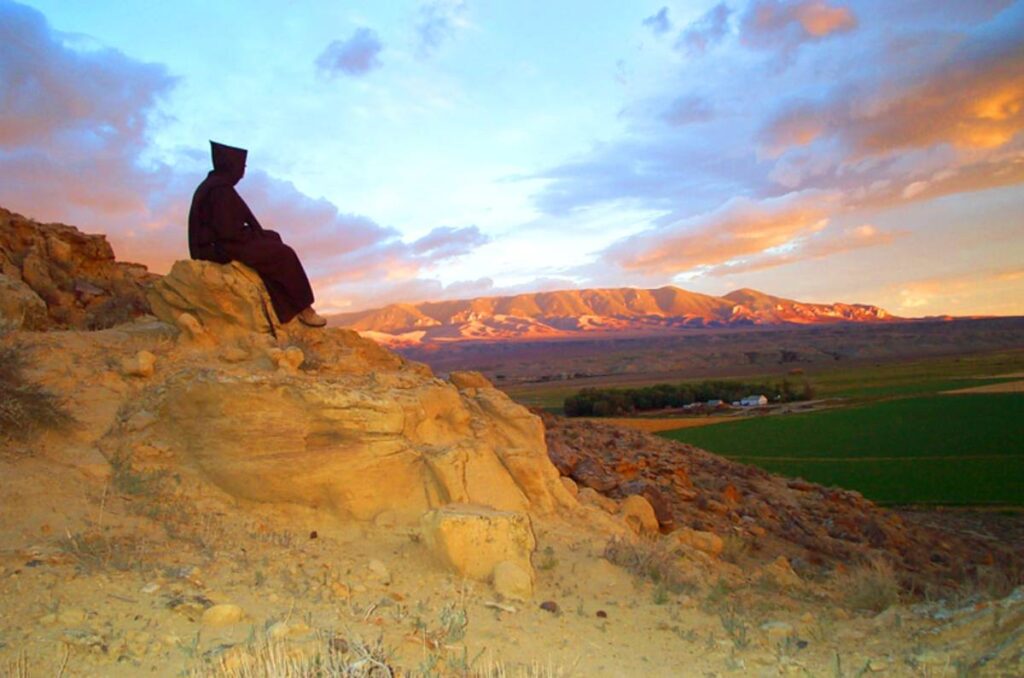
The Current Status of Mystic Monk Coffee
Today, Mystic Monk Coffee continues to operate and has managed to regain some of its lost trust. The company has implemented changes to ensure transparency and accountability, and continues to produce high-quality coffee.
The Role of Media in the Scandal
The media played a significant role in the Mystic Monks scandal. Investigative journalists and industry watchdogs launched in-depth probes into Mystic Monk Coffee’s operations, bringing the scandal to light and holding the company accountable.
The Ethical Implications of the Scandal
The Mystic Monks scandal raises important questions about the intersection of faith and business, and about the responsibilities that religious organizations have to their supporters and to the wider community.
Conclusion: The Lasting Impact of the Mystic Monks Scandal
Table of Information about Mystic Monks Scandal:
| Topic | Information |
|---|---|
| What is the Mystic Monks Scandal? | A series of events involving the Carmelite Monks of Wyoming and their coffee business, Mystic Monk Coffee. The monks were accused of using funds from their coffee business to buy a $7.5 million ranch in the mountains of Wyoming without informing their donors. |
| Who are the Carmelite Monks of Wyoming? | A group of Catholic men who have dedicated their lives to prayer, solitude, and self-sacrifice. |
| What is Mystic Monk Coffee? | A coffee brand founded by the Carmelite Monks of Wyoming in 2007. The brand is known for its high-quality, ethically sourced coffee. |
| What were the allegations against the Mystic Monks? | The monks were accused of misleading their donors about the financial state of the monastery and the coffee business, and of engaging in unethical practices to keep the business afloat. |
| What was the outcome of the scandal? | The scandal resulted in a settlement in which the monks agreed to return all donations received in exchange for promises of future business opportunities, and to refrain from making such promises in the future. |
| What changes were implemented by Mystic Monk Coffee following the scandal? | Mystic Monk Coffee implemented changes to their sourcing and production processes, and became more transparent about their operations. |
The Mystic Monks scandal serves as a stark reminder of the importance of transparency and accountability in business. It underscores the need for companies to uphold ethical standards and to be honest with their customers. Despite the challenges, Mystic Monk Coffee continues to operate, striving to regain the trust of its customers and to uphold the values it was founded on.
FAQs
What is the Mystic Monks scandal?
The Mystic Monks scandal refers to a series of events that unfolded around the Carmelite Monks of Wyoming and their coffee business, Mystic Monk Coffee.
The monks were accused of using funds from their coffee business to buy a $7.5 million ranch in the mountains of Wyoming without informing their donors.
Who are the Carmelite Monks of Wyoming and what is their mission?
The Carmelite Monks of Wyoming are a group of Catholic men who have dedicated their lives to prayer, solitude, and self-sacrifice.
Their mission is to serve God through a life of prayer and contemplation, and to witness to the love of Christ through their monastic life.
What is Mystic Monk Coffee?
Mystic Monk Coffee is a coffee brand founded by the Carmelite Monks of Wyoming in 2007. The brand is known for its high-quality, ethically sourced coffee, and a portion of its profits goes to support the monks’ monastery and other charitable causes.
What were the allegations against the Mystic Monks?
The Mystic Monks were accused of misleading their donors about the financial state of the monastery and the coffee business, and of engaging in unethical practices to keep the business afloat.
They were also accused of using funds from their coffee business to buy a $7.5 million ranch in the mountains of Wyoming without informing their donors.
What was the outcome of the scandal?
The scandal resulted in a settlement in which the monks agreed to return all donations received in exchange for promises of future business opportunities, and to refrain from making such promises in the future.
The scandal received widespread media attention and raised questions about the ethics of fundraising practices and the role of religious organizations in the business world.
What changes were implemented by Mystic Monk Coffee following the scandal?
Mystic Monk Coffee implemented sweeping changes to their sourcing and production processes.
The company became more transparent about their operations, working closely with ethical suppliers and investing in quality control measures to ensure that their products met the highest standards.

